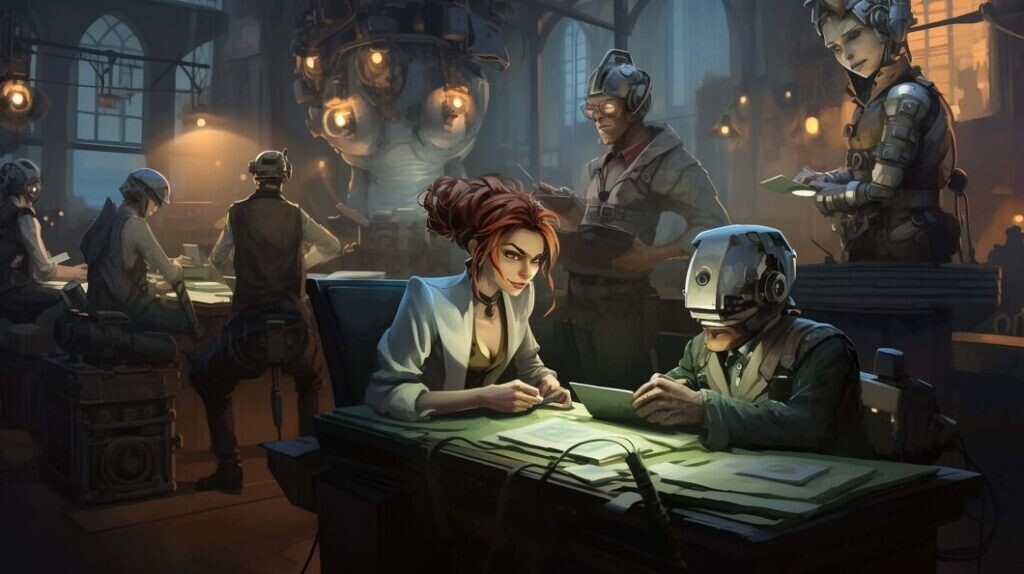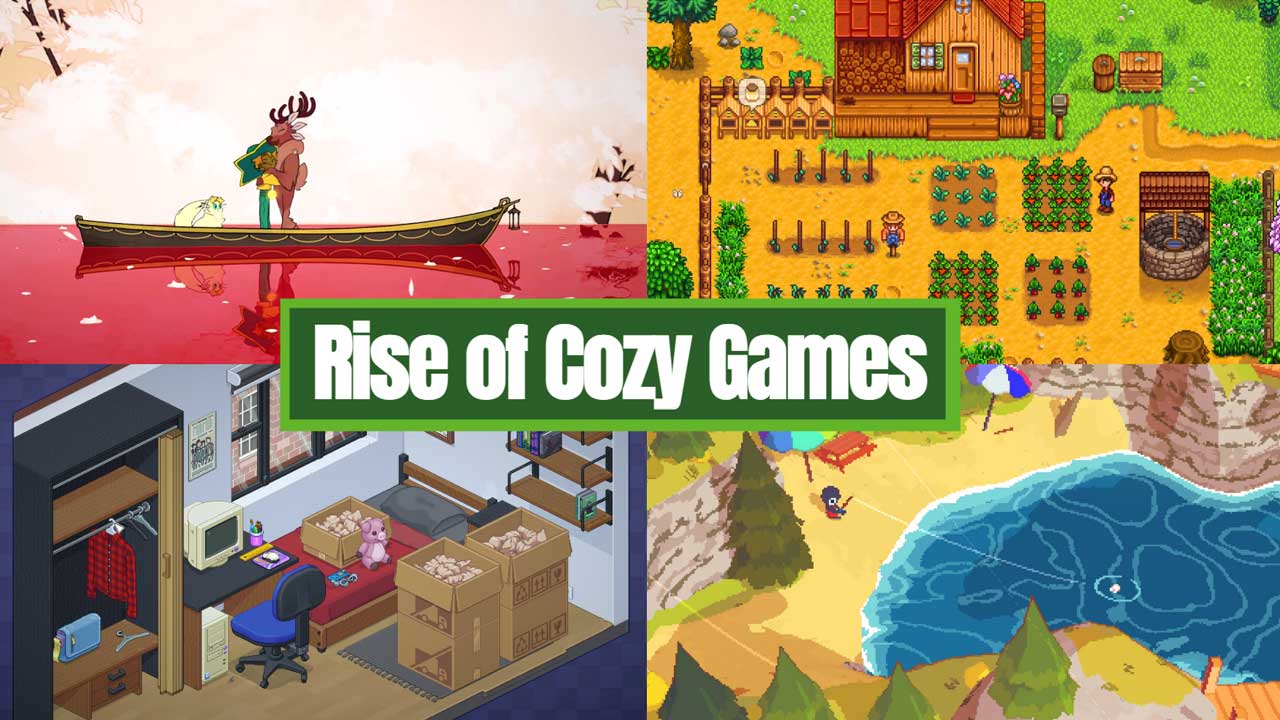Modern video games are not just about action or competition — they are powerful storytelling tools. Titles like The Last of Us, Life is Strange, and Red Dead Redemption 2 prove that games can evoke deep emotions just like films or literature.
Interactive storytelling allows players to become the characters, shaping the narrative with their choices. This immersion creates empathy and engagement unmatched by passive media. Developers now employ screenwriters, composers, and actors to create cinematic experiences within games.
The gaming industry is pushing artistic boundaries by blending technology with human emotion. Even indie developers are exploring sensitive topics such as grief, identity, and social justice through gameplay.
As graphics, voice acting, and narrative design evolve, games are being recognized as legitimate works of art. The future of storytelling may not be read or watched — but played.


